Acrylic and methacrylic-based optical systems generally exhibit superior optical properties such as light transmission when bulk polymerized (e.g., cast in situ) in the purest form possible. There are normally two types of impurities that cause bulk scattering, bubbles, and chemical impurities such as inhibitors, alcohols, oxidized monomers, etc. Acrylic/methacrylic monomers at any viscosity can literally be purified to 100% prior to polymerization.
Our fiber optic polymerization expert worked with the client to optimize the acrylic polymerization process to produce high-quality fiber optic materials with excellent batch-to-batch consistency. The key variables were identified and optimized. Polymerization initiators were also evaluated. The status quo initiator (benzoyl peroxide) has rather low efficiency and is prone to side reactions leading to the formation of unwanted by-products including carbon dioxide gas. Our expert recommended changing the initiator to a more efficient lower temperature initiator. The result was more consistent performance and the production of higher-quality fiber optic resin.
